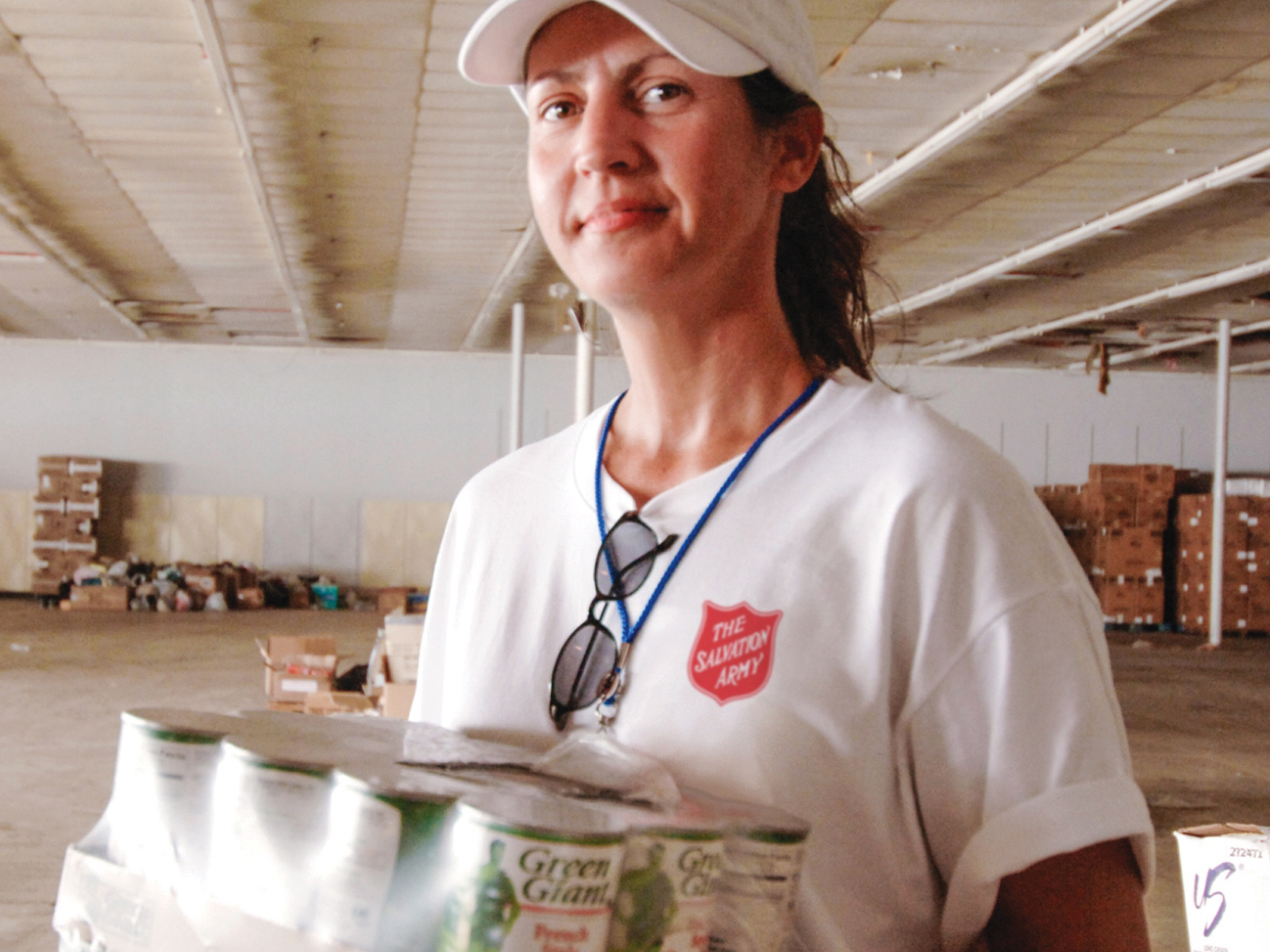Trouble in the grass: Rubber boots and snake bites
Farm workers in rural India tend to go around barefoot. But hidden in the thick undergrowth they are often endangered by the highly venomous Russell’s viper, a large, earth-coloured and highly dangerous snake found across much of India and other parts of South Asia. There are around 2.8 million cases of snake bites in India each year and 50,000 deaths. Globally snake bites are estimated to kill up to 138,000 each year. But the true impact from the bites are the life-changing injuries. Of the estimated 4.5 million people who are bitten by snakes worldwide each year, around 2.7 million men, women and children are left with disabilities.
The Humane Society International has handed out more than 400 pairs of rubber boots and 200 solar lamps to residents as a starting effort. Putting a light in people’s hands and footwear that will cover up to the ankle can seem a simple, preventative tool. However, challenges still exist with the program because farmers prefer not to use boots or flashlights in the field as they slow them down, boots are uncomfortable and rubber boots are often sold by locals.
While many antivenoms are relatively effective, the complex nature of snake venom can make treatment difficult. Anti- venom treatments are limited and can also be expensive.
Source: bbc.com

Could peanut butter trigger the next pandemic?
In recent years, we have become keenly aware of the role forests play in regulating animal diseases that could spread to humans. The COVID-19 pandemic made this point salient and prompted scientists to redouble efforts to understand how pandemics can link back to deforestation and changes in land use. Now, new research suggests zoonotic diseases, health, and forests exist in a feedback loop with dire consequences.
Published in Frontiers in Veterinary Science, the scientists examined the cause-and-effect relationship between changes in forest cover and subsequent disease outbreaks on a global scale and specifically looked at deforestation related to the agricultural production of goods, such as palm oil. Palm oil is found in roughly 50 per cent of the packaged household products we use today. It is in everything ranging from peanut butter, pastries and cereal all the way to beauty products like lipstick.
This is perhaps the first global look at how changes in forest cover potentially contribute to vector-borne diseases—such as those carried by mosquitos and ticks—as well as zoonotic diseases, like COVID-19, which jumped from an animal species into humans. The expansion of palm oil plantations in particular corresponded to significant rises in vector-borne disease.
Source: Frontiers in Veterinary Science

Masks leadto 65% drop in severe asthma
Israel’s Sheba Medical Center found an amazing 65 per cent decrease in the hospitalization of severe asthma patients and a 45 per cent drop in the number of urgent visits to the hospital’s emergency room by asthma sufferers in 2020 versus 2019.
Prof. Nancy Agmon-Levin, who conducted the study, told The Jerusalem Post that she believes “masks blocked infectious agents and definitely pollen.” Agmon-Levin is the head of Sheba’s Clinical Immunology, Angioedema and Allergy Unit. She said that she and her team were hearing comments from patients that they had a lot less allergies this year compared to previous years. Why?
“We thought this is probably because of wearing masks, but thought about how we could prove the idea,” she explained. “We checked the referrals to the emergency department due to asthma, of which 80 per cent to 90 per cent of all asthma patients are due to allergies.” While there were large decreases in asthma referrals, there was only around a 10 per cent decrease in overall emergency department referrals during the same period.
Likewise, when looking at the first quarter of the year, pollution levels appear very similar to every other year, she said.
Source: Sheba Medical Center














